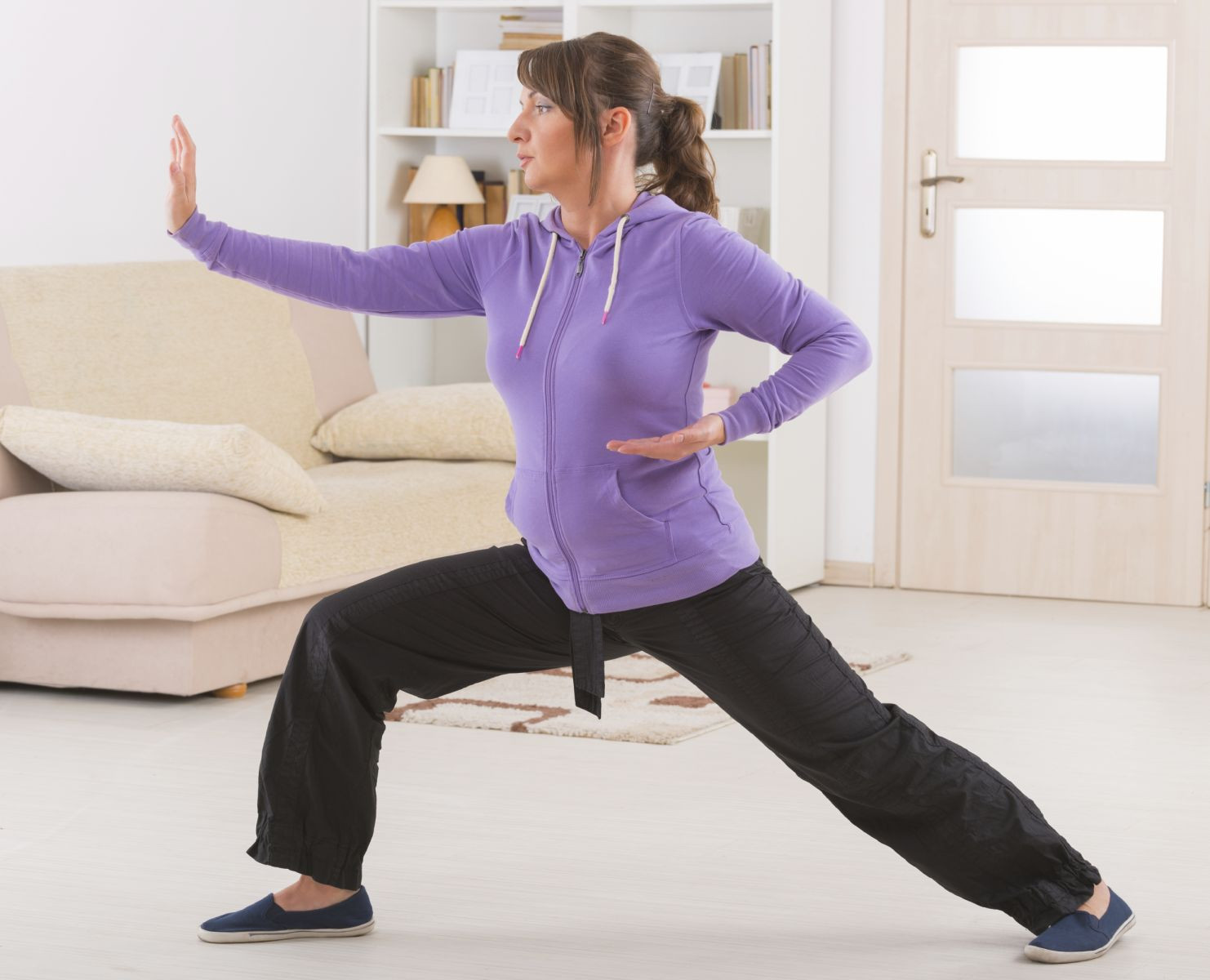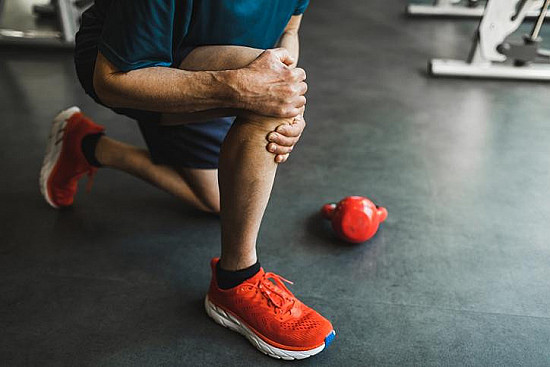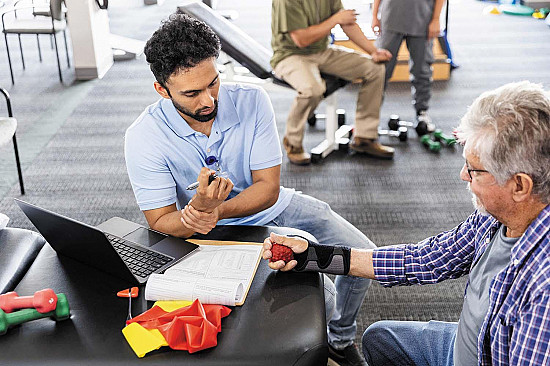
Driving with arthritis pain: Stay comfortable — and safe — behind the wheel

Daily cup of coffee may prevent afib recurrence

Gene-editing therapy lowers harmful blood fats in early study

What is EMDR therapy, and who can it help?

GLP-1 drugs versus bariatric surgery for treating obesity

Two dumbbells, three exercises, and 10 minutes

Easing the emotional burden of IBS

Modify your push-ups to meet your fitness level

What is long QT syndrome?

Stroke survivors may benefit from very low LDL levels
Tai chi for osteoarthritis
 Osteoarthritis is a degenerative disease of the joints that causes stiffness, pain, and mild inflammation in the affected joints. It develops when cartilage—the tissue that covers bones and acts as a cushion—deteriorates over time, eventually leading to joint damage. For the early stages of this condition, a variety of remedies may offer some relief when used in conjunction with or as an alternative to medication, including Tai Chi.
Osteoarthritis is a degenerative disease of the joints that causes stiffness, pain, and mild inflammation in the affected joints. It develops when cartilage—the tissue that covers bones and acts as a cushion—deteriorates over time, eventually leading to joint damage. For the early stages of this condition, a variety of remedies may offer some relief when used in conjunction with or as an alternative to medication, including Tai Chi.
Tai chi helps improve physical strength and mobility and promotes a sense of well-being. A study published in Arthritis & Rheumatism found that participants with knee osteoarthritis who practiced tai chi twice a week had less pain and better physical function compared with study participants enrolled in a wellness education and stretching program. The tai chi class lasted 12 weeks, but the improvements were sustained a year later. These participants also reported less depression and greater well-being.
Among other things, tai chi provides benefit by improving muscle strength and coordination, which leads to better joint stability. In addition, the mind-body aspects and breath control promote mental calmness, which may help to break the cycle of arthritis pain.
If you decide to try tai chi, a reasonable plan is to participate in tai chi sessions once or twice a week for an hour. Perform the postures slowly and gently.
Disclaimer:
As a service to our readers, Harvard Health Publishing provides access to our library of archived content. Please note the date of last review or update on all articles.
No content on this site, regardless of date, should ever be used as a substitute for direct medical advice from your doctor or other qualified clinician.

Driving with arthritis pain: Stay comfortable — and safe — behind the wheel

Daily cup of coffee may prevent afib recurrence

Gene-editing therapy lowers harmful blood fats in early study

What is EMDR therapy, and who can it help?

GLP-1 drugs versus bariatric surgery for treating obesity

Two dumbbells, three exercises, and 10 minutes

Easing the emotional burden of IBS

Modify your push-ups to meet your fitness level

What is long QT syndrome?

Stroke survivors may benefit from very low LDL levels
Free Healthbeat Signup
Get the latest in health news delivered to your inbox!
Sign Up




